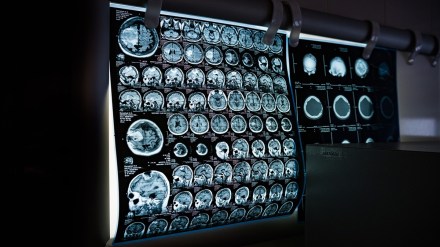A shocking new study has revealed that spoonful of plastics are present inside your brain. According to the researchers, this study shows alarming new evidence about microplastic accumulation in human brain tissue.
The findings of the study were published in the journal Brain Medicine. The study also revealed that human brains contain approximately a spoon’s worth of microplastics and nanoplastics (MNPs), with levels 3-5 times higher in individuals with documented dementia diagnoses.
The team also pointed out that brain tissues showed 7-30 times higher concentrations of MNPs compared to other organs like the liver or kidney. The study highlight the overall science suggesting that microplastics are harming the environment and our health.
In the recent years, scientists have found them just about anywhere they’ve looked—from mountaintop clouds to our testicles to a baby’s poop. In the current study, the researchers found microplastics in not only deceased people’s brains but higher concentrations of plastic were also found in people’s livers, kidneys, or other organs.
The team also found high concentration of microplastics in the brains of people with dementia.
According to a report by Gizmodo, Nicholas Fabiano, lead author of the new commentary, published today, cautions that there’s still a lot we don’t know about the health impacts of microplastics.
“Hearing that there is a spoon’s worth of microplastics in the brain was shocking. As a psychiatry resident, this is particularly relevant, since we currently do not know the full extent this may impact one’s cognition or mental health,” Fabiano, a researcher at the University of Ottawa’s Department of Psychiatry, told Gizmodo. “In the Nature Medicine study, microplastic levels were 3-5 times higher in the brains of those with dementia, which raises alarms, however these findings are not causal in nature.”
